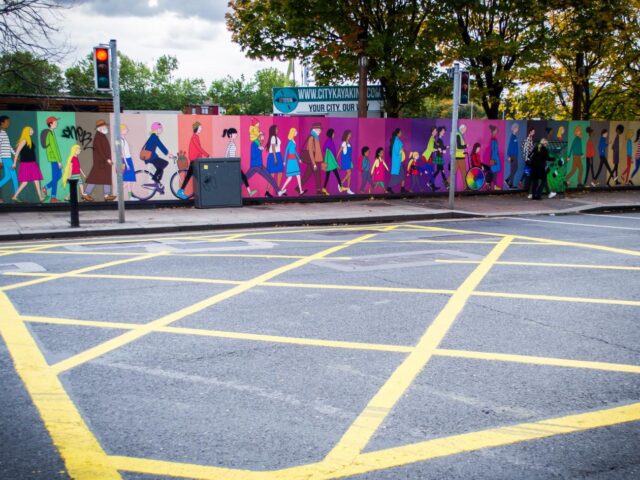Social mobility refers to the link between our starting point in life, and where we end up. When our starting point strongly determines where we end up, mobility is low. But if people from all starting points and backgrounds have a good chance of achieving any outcome, then mobility is high.
The analysis was carried out by The Social Mobility Commission. The team used Understanding Society to create its new Social Mobility Index, which they use as a measurement framework for social mobility in the UK.
What are the highlights?
- The conditions of childhood have tended to improve over the past two decades, both in terms of finances and parental education levels.
- Analysis of data from Understanding Society shows that the qualifications of young people’s parents have substantially improved since the 2008 recession.
- The proportion of young people in dual-parent households, whose parents both have a degree increased by approximately 74% between 2009 to 2010 and 2019 to 2020 (from 19% to 33%). Similarly, the proportion in single-parent households where the parent is a graduate increased from 14% to 25%. The proportions of households where the single parent, or either parent (in dual-parent households), has below GCSE-level qualifications has also dropped (from 24% to 11%, and from 14% to 6%, respectively).
- Almost every gap in the intermediate outcomes between young people from higher and lower socio-economic backgrounds has narrowed in the past decade.
- The gaps between professional and working-class backgrounds for both university participation and degree attainment have also narrowed.
- In terms of early careers, the gap between people from professional and working-class backgrounds has decreased for most of people’s occupational and economic outcomes since 2014.
- Levels of social capital (trust and community relationships) in the UK compares well with those in other countries.
Katharine Birbalsingh CBE, Chair of the Social Mobility Commission said in the report, “Despite the popular narrative, it’s not true that social mobility is getting worse on all counts. In reality the picture is complex. Occupational mobility has been fairly stable for decades, while on other aspects there is less consensus.
“Nonetheless, there are pockets of real concern. Even if social mobility is not deteriorating, it can still be much harder for some compared to others.
“Because of this, we’re convinced we need to take a more nuanced view of social mobility so that we can prioritise the areas where need is greatest, and where we can have the most impact.”
EmploymentSocial mobility



